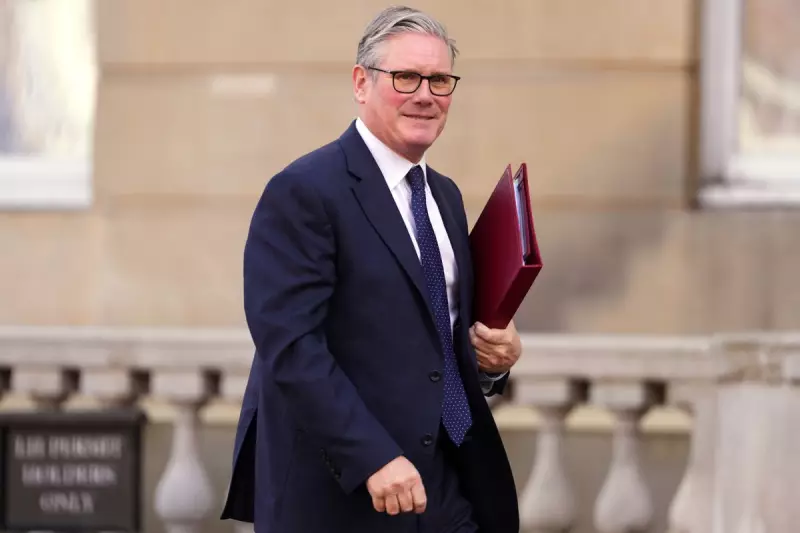
Prime Minister Sir Keir Starmer has publicly pledged to defend a 'trusted independent BBC' while confirming he has not yet spoken with US President Donald Trump regarding the recent Panorama controversy.
The Panorama Incident and Legal Fallout
The diplomatic situation unfolded after the BBC issued an apology for its editing of President Trump's 6 January 2021 speech in the Panorama programme 'Trump: A Second Chance?'. The corporation acknowledged the edit created a 'mistaken impression that President Trump had made a direct call for violent action'.
Despite receiving this apology, President Trump announced last week his intention to pursue legal action against the broadcaster, seeking damages between $1 billion (£759.8 million) and $5 billion (£3.79 billion). He had indicated he would discuss the matter directly with the Prime Minister.
Starmer's Stance on BBC Independence
Speaking about the situation, Sir Keir revealed: 'I have not directly spoken to him about the BBC'. He added, 'I think he was going to phone me at the weekend but that call didn't happen, but we regularly have contact. I speak to him fairly regularly as you know, we have an excellent relationship.'
The Prime Minister emphasised that while any editorial failings should be addressed 'quickly', the fundamental principle of an independent BBC must be protected. 'The principle of a trusted independent BBC media is really important – we have to defend it', Sir Keir stated, highlighting the broadcaster's crucial role.
BBC's Response and Executive Resignations
The BBC has taken significant steps in response to the scandal. The broadcaster confirmed it will not air the Panorama episode again and has published a retraction on the programme's webpage. Furthermore, BBC chairman Samir Shah sent a personal apology letter to the White House, while the corporation's lawyers have communicated with the president's legal team.
According to BBC News, the broadcaster's legal defence outlines five main arguments against the defamation claim:
- The episode was not distributed on BBC's US channels and was restricted to UK viewers on iPlayer
- The documentary did not cause harm as President Trump was later re-elected
- The edit was not malicious but intended to shorten a lengthy speech
- The clip should be considered within the context of the full hour-long programme
- Political speech and opinion on matters of public concern receive strong protection under US defamation laws
The controversy has already had serious internal consequences, leading to the resignations of two senior BBC executives: director-general Tim Davie and news chief Deborah Turness.





